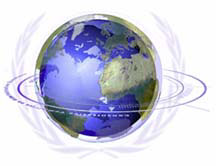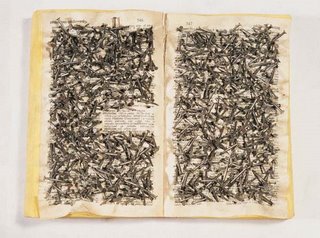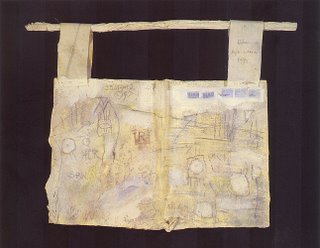
In June 2006 I sat with an interesting young man on a flight from London to Houston. When we put on our seat belts I said, “Where are you from?” He replied: “Are you ready for my answer” I said, “Sure.”
He said, “I was born in LA, I lived my teenage years in London, I’ve often stayed with my grandparents in the South of France, I have studied in Switzerland and I have just completed my training in Milan.” He had grown up in California speaking French in the home, learning English in kindergarten and Spanish later at school.
So I said, “What is your culture?” He said, “Are you ready for my answer?” After noting my nod he said, “My father is French, my mother is Moroccan, my grandfather is Greek and my grandmother is Italian.”
I reflected on this while he was sleeping and when he woke up after we had flown over Greenland I asked, “So, in what language do you dream?” He said, “English.”
When the airline steward was giving out the US immigration cards he asked my friend his citizenship to which he replied, “American and French.” Being told he had to choose one he said he would be American for this visit to get into the USA.
When I noted that Philippe had taken out a French magazine to browse he turned to me and said, “Sexy language isn’t it?” and I thought that’s one question that I didn’t need to ask.
As part of our meal time conversation I said, “You have lived in the USA, France, England, Spain, Switzerland, Italy, and now you are on your way to work in Mexico. Where is home for you?” He said, “Are you ready for my answer?” I said, “Philippe, I am ready for anything!” He continued, “I’m not trying to be arrogant but I genuinely feel that I am a citizen of the world.”
Philippe represents an increasing number of people (especially young people) today on this shrunken globe who move freely from culture to culture and are truly world citizens.
Then thinking about things global I asked, “Whoever do you support in the Football World Cup?” Without any hesitation he said, “Vive la France!”

 It is one thing to voluntarily move into other countries in the quest to be a
It is one thing to voluntarily move into other countries in the quest to be a 

